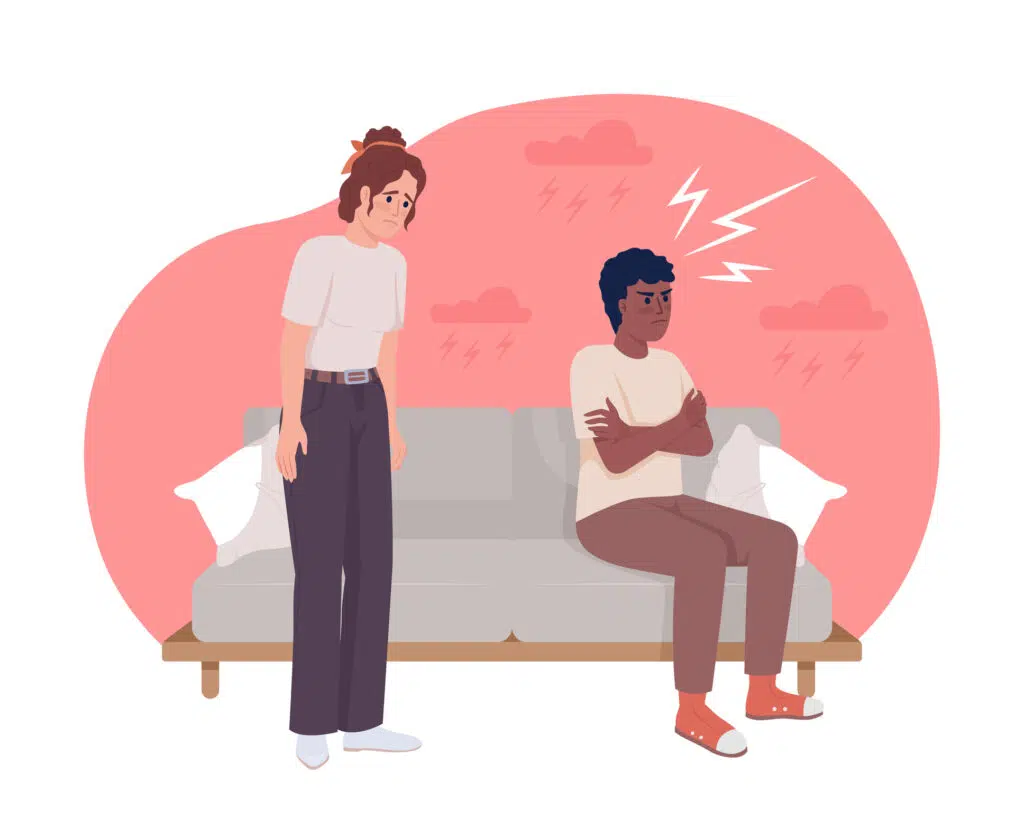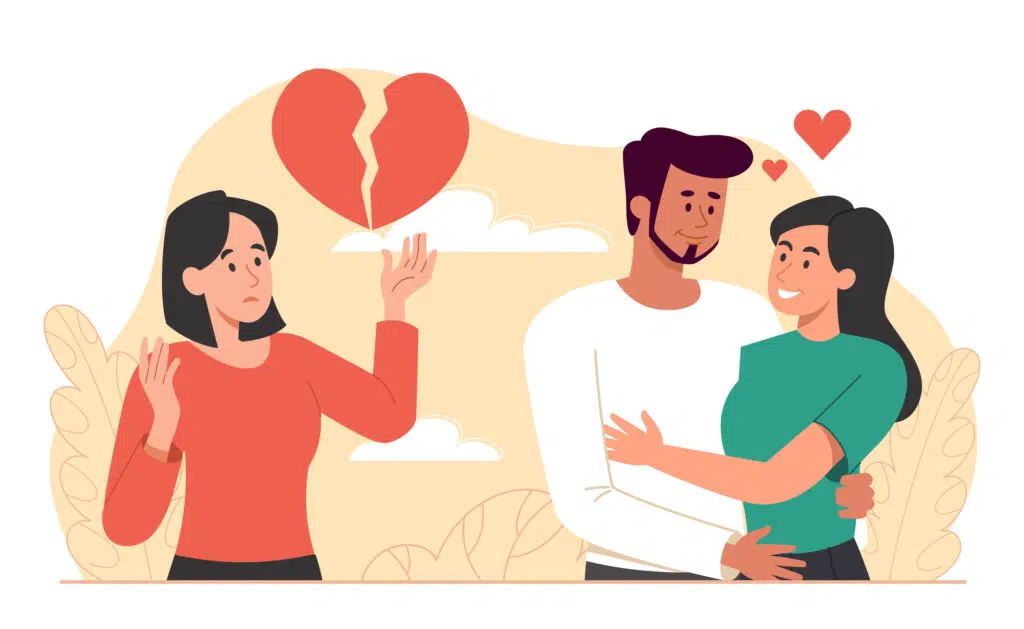I Think My Loved One is Addicted to Alcohol

If someone you love is drinking too much or shows other signs of an addiction to alcohol, you can find professional help with our team at Thriving Center of Psychology.
Our mental health specialists offer comprehensive care for all types of substance abuse, including alcohol addiction, to help those you love overcome addiction and live a happier life. Learn more about recognizable signs of alcohol addiction and how you can help.
Understanding alcohol addiction
Alcohol addiction — which affects nearly 17 million people in the United States — is described as having a physical and psychological dependence on alcohol. This dependence can range from mild to severe and lead to long-lasting health complications. Alcoholism can also cause emotional, psychological, and relationship issues that continue to worsen as the addiction becomes more serious.
You might notice that your loved one has difficulty controlling their drinking and continues using alcohol despite the many problems it’s causing.
The typical stages of alcohol addiction include:
Stage 1: Occasional abuse of alcohol
The journey to alcoholism often starts with experimentation with alcohol that leads to frequent drinking or binge drinking.
Binge drinking is classified as having five or more alcoholic drinks within two hours for men and four or more alcoholic beverages in the same timeframe for women.
This occasional abuse of alcohol may begin in adulthood, but it often occurs in adolescence. Consuming such large amounts of alcohol can quickly lead to serious health hazards, including coma and premature death.
Stage 2: Increase in drinking
Drinking alcohol more frequently than just socially is a sign of increased dependence. You may notice that your loved one is drinking out of boredom or to cope with stress.
Stage 3: Problematic drinking
Problematic drinking describes frequent alcohol use that interferes with daily life. Daily drinking can lead to reckless behaviors, legal issues, and difficulty meeting responsibilities.
When alcohol use becomes problematic, your loved one may also show erratic behavior, start isolating themselves from you and others, and struggle to maintain healthy relationships.
Stage 4: Dependence on alcohol
Dependence on alcohol generally follows problematic drinking. When your loved one becomes dependent on alcohol, they start losing control over their drinking.
Alcohol dependence is also a warning sign that the drinker has developed a much higher tolerance to the effects of alcohol and now needs to drink larger amounts to feel the same effects.
Excess alcohol use can cause physical health issues, including sweating, tremors, a racing heart, and difficulty sleeping.
Stage 5: Alcohol addiction
Alcohol addiction is the final stage of alcoholism, and it causes a physical and psychological need to drink instead of drinking just for the pleasure of it.
Your loved one may have very strong cravings for alcohol and be willing to do anything to get another drink, including stealing, lying, and damaging relationships.
How you can help those you love find sobriety
Those with an addiction to alcohol can be treated effectively with early intervention and support. However, the journey is their own, and only your loved one can decide to start their recovery and adapt to a sober life.
However, there are things you can do to encourage them forward toward sobriety. Our team at Thriving Center of Psychology offers comprehensive treatment services for substance abuse, alcoholism, and the psychological fallout of addiction recovery.
To help your loved one realize their potential and help them get into recovery, our providers can recommend steps you can take, such as:
Learn as much as you can
By learning all you can about alcoholism, you’ll be better prepared to help friends and family who have an addiction. You can speak with one of our professionals or seek out resources from Al-Anon or Alcoholics Anonymous.
Be ready to speak up
The message you want to send to your loved one is that you care and are willing to help them get sober. When you confront them about their drinking, be ready to focus on the positive and steel yourself for all possible responses, even the hurtful ones.
Provide compassion and resources
Offer your loved one our contact information and listen to what they have to say with patience and compassion.
It’s also important to note that you can’t force someone into recovery. Know that by offering important resources and showing your friend or family member that you care, you’ve done what you can to help. You should reach out for support from our team for yourself if their refusal to get help is difficult for you to accept.
To learn more about how you can help a loved one who has an alcohol addiction, book an appointment online or over the phone with Thriving Center of Psychology today.

How to Move On After a Friendship Breakup
Friendship breakups can sting just as much as a romantic breakup. After all, you’re experiencing a loss of shared history and an understanding of each other that can leave you feeling lonely and isolated. Not all friendships are forever, but moving on from the loss of a friendship does take time and some self-compassion.

Signs You’re in a Toxic Relationship
A toxic relationship can chip away at your well-being and happiness. Toxic partners can be manipulative and charming, making it difficult to recognize the signs that you’re in a toxic relationship. You deserve to be in a supportive and healthy relationship.

10 Common Marriage Reconciliation Mistakes to Avoid After Infidelity
Infidelity can leave couples devastated. If you’ve been affected by infidelity and want to salvage your relationship, rebuild trust, or make a tough decision, keep reading for 10 common reconciliation mistakes to avoid after infidelity.

Survey: 72% of Americans are Stressing About the Upcoming Presidential Election
Political viewpoints in the U.S. have always been contentious, but is the impact of politics in the United States making it difficult for people to live their everyday lives? With some anticipating another brutal and long campaign season ahead of the upcoming 2024 presidential election, nearly half of Americans say politics is negatively impacting their mental health.




